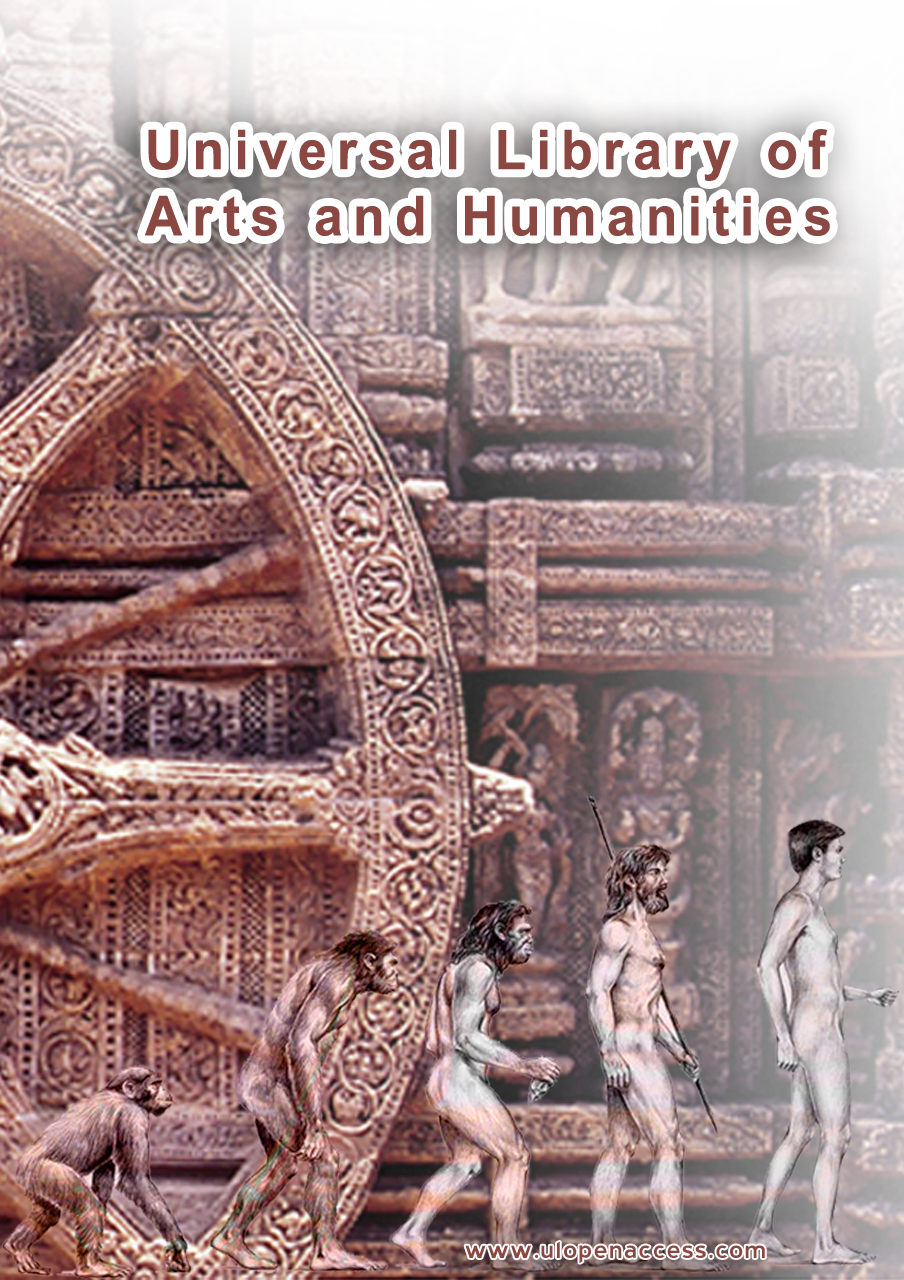Hermeneutics of Ikenga and its Significance in Igbo CultureDr. Ratzinger E. E. Nwobodo Citation: Dr. Ratzinger E. E. Nwobodo, "Hermeneutics of Ikenga and its Significance in Igbo Culture", Universal Library of Arts and Humanities, Volume 01, Issue 03. Copyright: This is an open access article distributed under the Creative Commons Attribution License, which permits unrestricted use, distribution, and reproduction in any medium, provided the original work is properly cited. AbstractThe indigenous Igbo of the South-Eastern Nigeria, possess a rich cultural heritage deeply rooted in symbolic representations. This is reflected in the abundance of sacred objects that permeate Igbo culture, encapsulating their worldview. While each household has numerous sacred objects, their significance varies. The most universally significant of these objects, and the one accorded the highest status along with the Ofo, is the Ikenga. This study’s hermeneutic approach seeks to answer the questions: What is Ikenga? What is the psychic and cultural significance of Ikenga? What function does it perform in Igbo culture?To do this, it extensively explores the Ikenga symbol and its place in Igbo cosmology. The study digs into the meaning, types, structures, consecration, ritual practices, and functions ofIkenga and significance within Igbo culture, thereby enhancing our understanding of this cultural artifact. In doing this, the study discovers that the Ikenga symbol holds a profound significance within Igbo culture. Thismanifests in its esteemed status in the cosmology and worldview of the people. It is indispensable to every household, serving as the foremost deity sought by young men at the commencement of their careers and as a source of good fortune in all their endeavours. The Ikenga epitomizes a man’s physical strength, which is intrinsically linked to his future success (Arinze, 1970). As Metuh (1981) notes, “As a deity whose role is very similar to that of chi (personal god), it symbolizes the strength of a man’s right hand, hence a man’s right hand is sometimes referred to as Aka Ikenga” (p. 70). The study concludes by categorically affirming that theIkenga holds substantial importance for the ancient Igbo, regarded as sacred and uniquely significant to individuals. Keywords: Ikenga, Igbo Culture, Hermeneutics Download |
|---|

